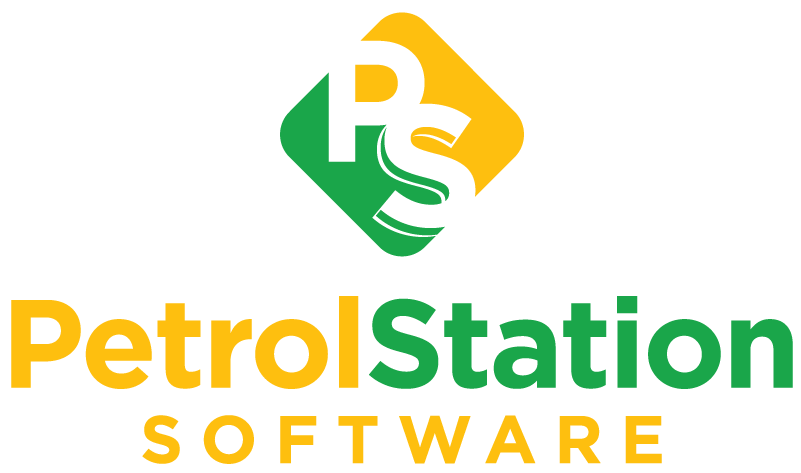This ground-breaking technology has enhanced the way businesses process and store information. All the same, cloud computing comes with its fair share of inadequacies. Business people should consider the implications of these drawbacks and how to overcome them.
Understanding how these challenges arise is a good place to start. That is why our petrol station software offers round-the-clock customer service to help you solve any issues you may encounter along the way.
Beware of the following challenges when using cloud-based fuel management software;
- Limited autonomy
- Cybersecurity issues
- Occasional downtime
- Latency issues
- May be expensive
Limited autonomy over your data
Using cloud-based fuel station management software limits autonomy over your company’s database. At the same time, you can access the data at will, but observing the activities within a given cloud infrastructure is impossible. Essentially, your business is just one database among others renting space on a cloud. That is why cloud service providers require customers to sign an end-user license agreement and adhere to specific data deployment and handling policies.
Cyber security issues
Based on the heightened level of cybercrime today, it is unsurprising that some businesses suffer data breaches. Cloud service providers ensure that security measures are in place to avoid putting businesses at risk. That said, rare instances of human error can increase the chances of getting hacked. That is why our petrol station software has top-notch data security measures.
Downtime from time to time
Connection downtime is a genuine concern for businesses using cloud-based petrol station management software. When the servers are down, you must wait until your service provider fixes the issue before continuing to use your systems. If you’re lucky, the occasional downtime lasts only a few minutes. If there is a downtime for many hours, it could have severe implications for your business. That is particularly true for the complex petroleum business, where tiny details make a big difference. Our happy customers can attest that downtime became a thing of the past once they started using our petrol station software.
Latency issues
Latency refers to the time data packets take to respond to an instruction. As the world continues to embrace technology and the IoT, there is a higher chance of latency with cloud-based services. Innovative industries’ try to overcome this challenge using the edge computing model. Owing to this technology, most fuel station management systems are less likely to experience latency issues.
It can be expensive
Since cloud service providers host thousands of businesses, there is an excessive amount of data and files garnering for storage space on a single cloud. If your business has a vast database, you may have to invest in a larger bandwidth to help you access your data efficiently.
Cloud service providers create pay-as-you-use payment systems to lessen the burden on small businesses. However, as a company continues to grow, the financial responsibility to increase the level of bandwidth continues to grow. The great news is our petrol station software is incredibly pocket-friendly even if your business’ needs change.
Conclusion As with everything in life, cloud-based petrol station software has numerous advantages and some disadvantages. The good news is that the good outweighs the bad for businesses using cloud-based software. When we designed our petrol station software, we took the time to examine and straighten out each of the challenges discussed above. In light of this, we recommend cloud-based petrol station software to owners and dealers looking to digitize their businesses without breaking the bank







